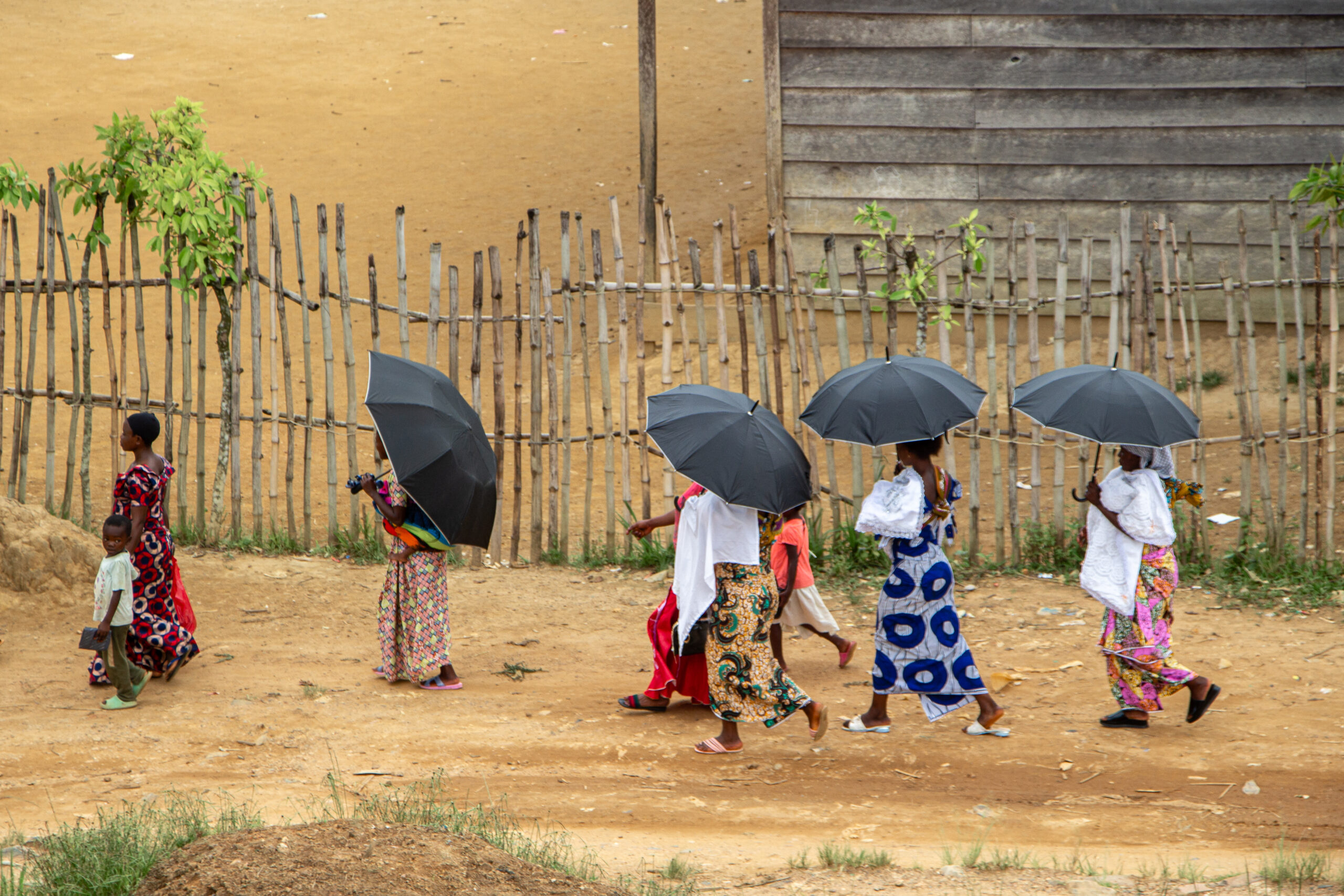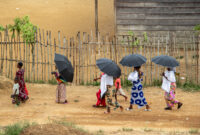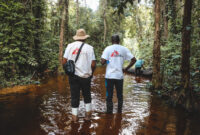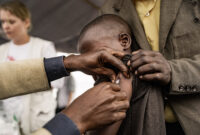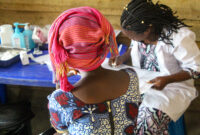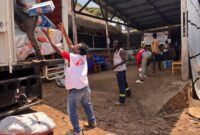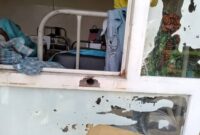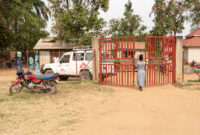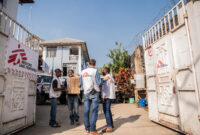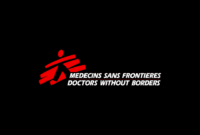Democratic Republic of Congo: As the crisis deepens in Walikale, MSF is the only international organization responding to growing needs
MSF provides care amid staggering malnutrition, conflict and overwhelming logistical challenges.
Walikale, located in North Kivu, is gripped by a worsening humanitarian crisis. In March and April, intensifying clashes between government forces and armed groups triggered mass displacement, escalating food insecurity and alarming spikes in malnutrition.
By September 2024, most international organizations had withdrawn from Walikale due to funding shortfalls. Their absence has left Doctors Without Borders/Médecins Sans Frontières (MSF) as the sole international humanitarian organization still operating in the area, placing immense pressure on our teams.
“While a number of local NGOs are still active in Walikale, the withdrawal of international organizations means it has become more difficult to support an overwhelmed and under-resourced health system,” says Meaghan Hawes, MSF project coordinator in Walikale. “The current set-up is not tenable in the mid to long term.”
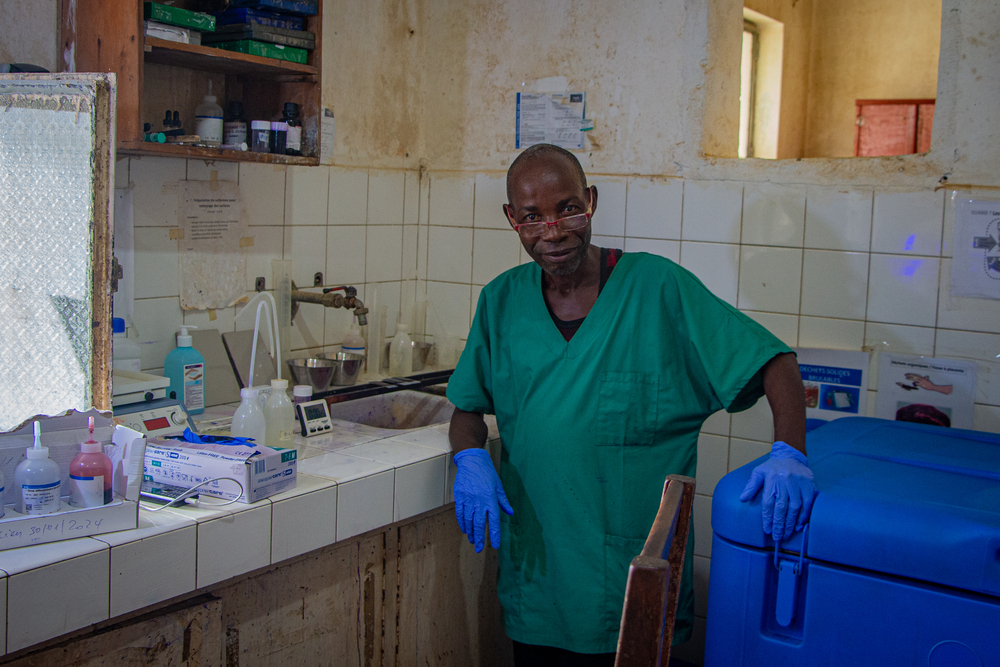
From Jan. 1 to June 1, admissions at Walikale general reference hospital, where MSF operates, rose by 6.7% compared to the same period last year. The inpatient therapeutic feeding centre (ITFC) saw admissions surge by 41.3%, while 12 children reported to have died in April and 34 in May. The ITFC regularly operates above 100% capacity, while overall hospital bed occupancy has consistently exceeded 150% in recent months.
“This highlights the urgent need for additional support and resources,” says Hawes.
The ongoing conflict has strained the local economy, pushing many agricultural workers to seek employment in mines around the town. This shift away from farming has led to a sharp decline in local food production, further weakening food security and contributing to rising rates of malnutrition. Since January, the price of maize flour has risen by 50%, manioc leaves by 22%, milk by 16% and meat by 9%, according to data collected by MSF teams.
“Fighting along major terrestrial routes also limits our ability to conduct outreach in the vicinity of Walikale itself, further hampering access to care for local communities.”
Natalia Torrent, MSF country director
Malnutrition-related mortality trends are deeply concerning: in the first half of 2025, deaths within the first 24 hours of ITFC admission rose by 88.9% and deaths between 24 and 48 hours after admission surged by 309% compared to the same period in 2024.
These figures underscore that many patients are arriving in critical condition, often because they face significant barriers to timely care. Even before the latest escalation of fighting, Walikale was effectively a medical desert – residents travelled long distances to reach health centres that were frequently under-resourced and understaffed. The recent surge in violence has only compounded these challenges, making access to urgent care even more difficult.
“Many health centres in the area have been looted,” says Hawes. “We have seen facilities that are completely empty. There are facilities where even the scale for weighing the kids has been stolen. There are also concerning levels of absenteeism among national health staff, many of whom go unpaid for long periods or have fled the violence.”
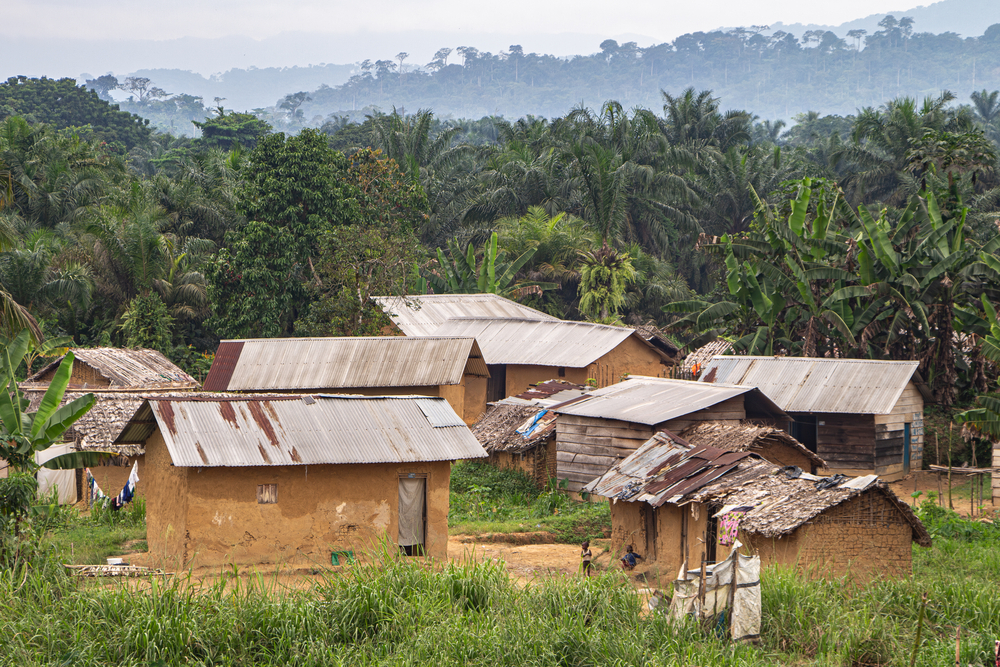
MSF supports the Walikale general reference hospital and a network of seven smaller health centres, with a focus on nutrition, pediatric and pre-natal care. We also operate a clinic for survivors of sexual violence, which includes mental health services and have established vital water, sanitation and hygiene initiatives to help prevent outbreaks of diseases such as cholera.
However, insecurity in the region – which has previously placed MSF teams at immediate risk – continues to create major logistical challenges for the delivery of medical supplies. The airport in Goma, the provincial capital, has been closed since the city was captured by the M23 in January. With ongoing clashes making the main road from Goma to Walikale impassable, MSF has been forced to re-route deliveries through Rwanda and Uganda, before re-entering DRC through Ituri province and travelling south to Walikale. This arduous journey can take more than three weeks and costs around $8,000 per cargo.
“Fighting along major terrestrial routes also limits our ability to conduct outreach in the vicinity of Walikale itself, further hampering access to care for local communities,” says Natalia Torrent, MSF country director. “We call on all actors to facilitate the safe passage of medical personnel and supplies.”
MSF has provided lifesaving care in Walikale for 13 years. We are committed to providing assistance to communities in distress irrespective of race, religion, creed or political convictions.
